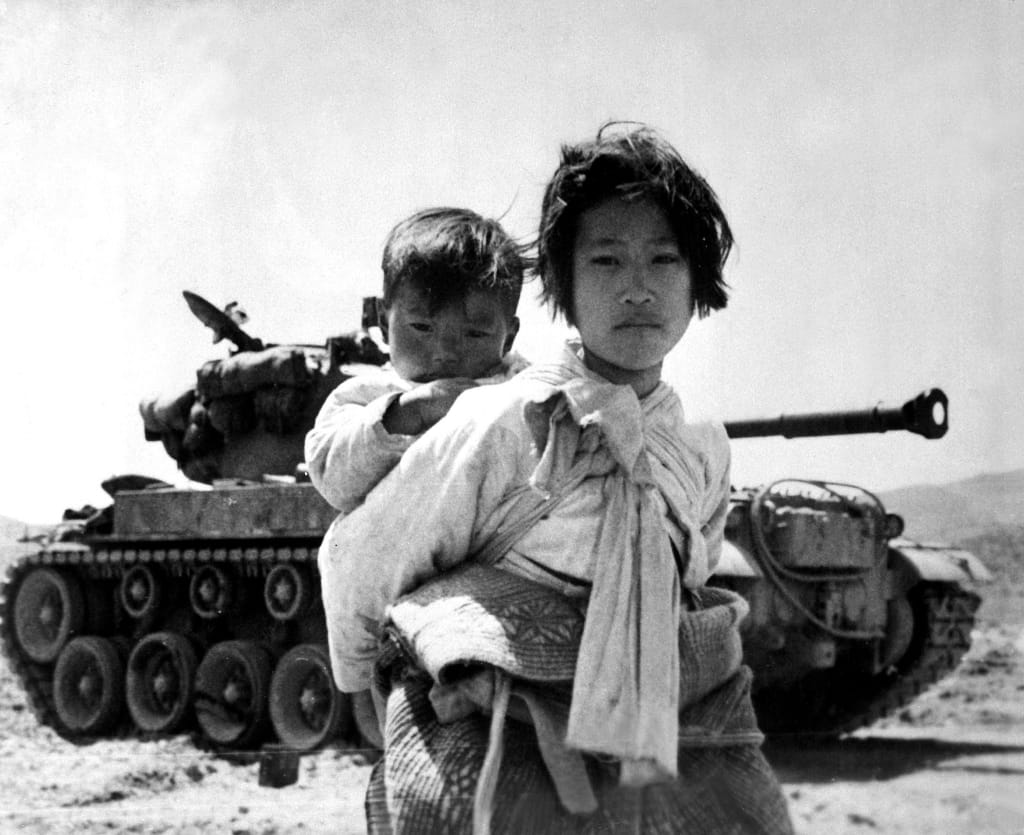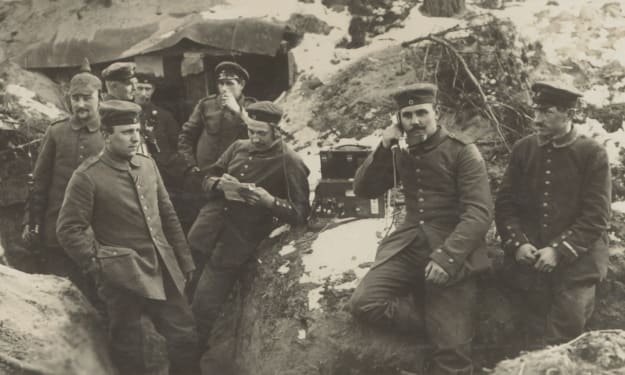
The Korean War, which lasted from 1950 to 1953, was a pivotal moment in world history. It was a conflict that involved a number of nations, and which ultimately had far-reaching consequences for the Korean Peninsula and the rest of the world. In this blog post, we will explore the timeline of the Korean War, from its origins to its conclusion.
Origins of the Korean War
The Korean War began on June 25, 1950, when North Korea invaded South Korea. The origins of the conflict date back to the end of World War II, when the Korean Peninsula was divided into two zones of occupation: the Soviet-backed North and the US-backed South. The two sides were unable to reach a political settlement, and tensions between them continued to escalate in the years following the division.
In 1949, the Soviet Union successfully tested its first atomic bomb, which had significant implications for the balance of power in the world. In response, the US developed a new strategy called containment, which sought to prevent the spread of communism beyond its existing borders. This strategy was applied in Korea, and the US government provided military and economic assistance to the South Korean government.
The war begins
On June 25, 1950, North Korean forces launched a surprise attack on the South, crossing the 38th parallel that divided the two sides. The South Korean army was quickly overwhelmed, and the North Korean army advanced rapidly towards the capital city of Seoul. In response, the US government authorized the deployment of military forces to Korea, under the United Nations flag.
The early months of the war were marked by a series of dramatic reversals, as both sides made gains and suffered losses. By September 1950, the North Korean army had been pushed back across the 38th parallel, and UN forces were advancing deep into North Korean territory. However, the Chinese government, which had been providing support to the North Koreans, intervened in the conflict, sending hundreds of thousands of troops across the border.
Stalemate and negotiations
The Chinese intervention marked a turning point in the conflict, and the war settled into a long and bloody stalemate. Over the next two years, both sides engaged in a brutal conflict of attrition, with little progress being made on either side. The US government, which had initially hoped for a quick victory, began to face growing public opposition to the war, both at home and abroad.
Negotiations to end the conflict began in 1951, but progress was slow and difficult. The two sides were unable to reach a settlement, and the war continued to rage on. In 1952, the US elected a new president, Dwight D. Eisenhower, who campaigned on a promise to end the war. However, he was unable to find a diplomatic solution, and the conflict continued.
Conclusion of the war
In 1953, the two sides finally reached an agreement to end the war. The negotiations took place at the village of Panmunjom, and resulted in the signing of an armistice agreement. The agreement established a demilitarized zone along the 38th parallel, and provided for the exchange of prisoners of war.
The Korean War had far-reaching consequences for the Korean Peninsula and the rest of the world. It left the two sides deeply divided, and the conflict has yet to be officially resolved. The war also had significant geopolitical implications, as it marked a new phase in the Cold War and established the US as a dominant military power in East Asia.
In conclusion, the Korean War was a complex and bloody conflict that had significant implications for world history. The conflict was driven by a range of factors, including ideological differences, geopolitical considerations, and regional tensions. While the war officially ended in 1953, its legacy continues to be felt.






Comments
There are no comments for this story
Be the first to respond and start the conversation.